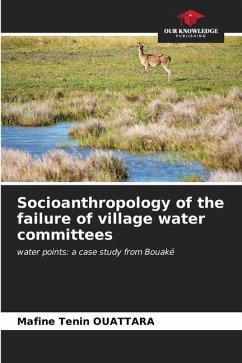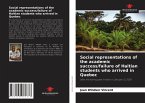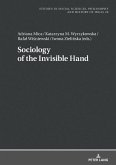This research presents one of the most crucial problems caused by development policies and the poor implementation of water projects in African countries. It concerns the problem of access to drinking water, the sustainability of hydraulic infrastructures and the failure to take into account the social realities of beneficiaries in the implementation of projects in these countries, especially in rural areas, who are sometimes regarded as people lacking modern intelligence. So, we study the case of Côte d'Ivoire, more precisely the town of Bouaké, located in the center of the country. It is presented as the Baule terroir, which groups together several Baule from different cantons, including those of the Pharis canton, the subject of our study. The present study focuses on the socio-anthropology of the failure of village water committees in Bouaké. The aim of this study is to understand the factors behind the failure of village water committees in Bouaké. To achieve this objective,the methodology was based on documentary research, individual interviews and focus groups. Documentary research
Bitte wählen Sie Ihr Anliegen aus.
Rechnungen
Retourenschein anfordern
Bestellstatus
Storno








